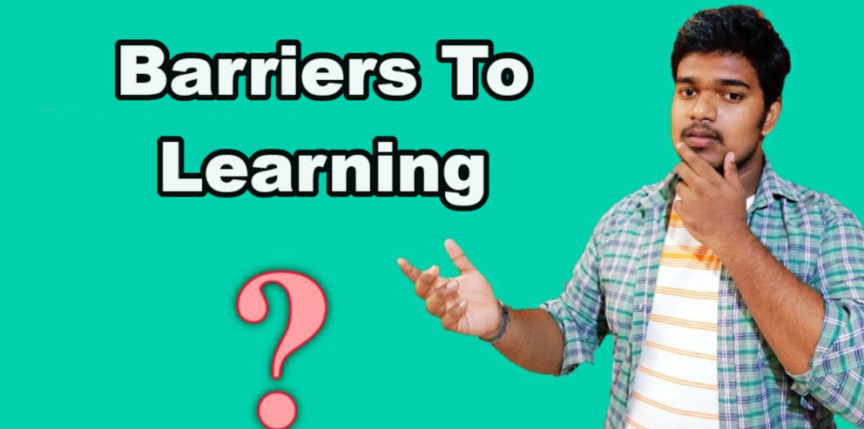Society appears to improve by small steps. For example, even though we still have a long way to go, individual rights have made incremental improvements over time. Similarly, medical advancements, better stewardship of the planet, and individual health practices continue to increase.
While not the same sort of advancement as an all-electric car or acknowledging the health risks of cigarette smoking, it is still a puzzle why humans are so slow to change their minds, freeing them to grow in knowledge and awareness.
Take, for example, the refusal to believe we had a legitimate election in 2020, despite overwhelming evidence to the contrary. Or, in a religious context, the treatment of advances in what we know about the origins of the text of the Bible, or what we know about the culture and languages of the Bible that threaten the foundations of fundamentalism.
Not much different than someone who refuses to believe that a high sugar diet can cause cancer. Or that a periodic colonoscopy can actually prolong your life.
I am wondering, today, what interrupts or prevents a person from learning. I don’t mean physical limitations, but rather attitudes we personally elect to continue. I’m also not talking about unvirtuous qualities like greed, that results in oil companies living off the suffering of our planet or a world leader like Bashar al-Assad who bombed his people into oblivion to retain his control over his country.
I think there might be at least five attitudes that cause great hindrances to learning, and they are:
- Hubris instead of humility. A mark of a learner is the ability to say, “I was wrong.” Or “what a great new discovery.” Or “thank you for sharing that with me.” Or “I’m really happy I learned that new idea.”
- Complacency instead of curiosity. Face it; some people don’t want to trouble their world with new ways of thinking. Learning new ideas is the Wild West, often unsettling old ways of looking at things. Turning one’s ideological self upside-down. To be curious is to enjoy finding discoveries.
- Arrogance versus respect. Arrogance often issues from a poor view of oneself. Respect admits that another person may have insights you don’t have or education you haven’t experienced. Respect acknowledges their competency.
- Caution instead of courage. Learning is a courageous activity. It means venturing out of your comfort zone. It means being willing to change your mind or behave in new, possibly unsettling, way. Courage means being willing to ignore criticism or censure.
- Control versus surrender. Some people fear admitting that there are some things they’ve not discovered or that may contradict long-held beliefs. For example, believing, if you are a man, that women should always take a subservient role to men and never be permitted to teach or lead.
I am always puzzled by folks who are various combinations of cynical, disbelieving, defensive, and lacking in knowledge who reject research and observation about a subject. I wonder why they never experienced being curious or elated by a new idea. The most befuddling non-learner to me is the person who’d rather believe a conspiracy theory rather than documented proof.
What kind of learner are you?

